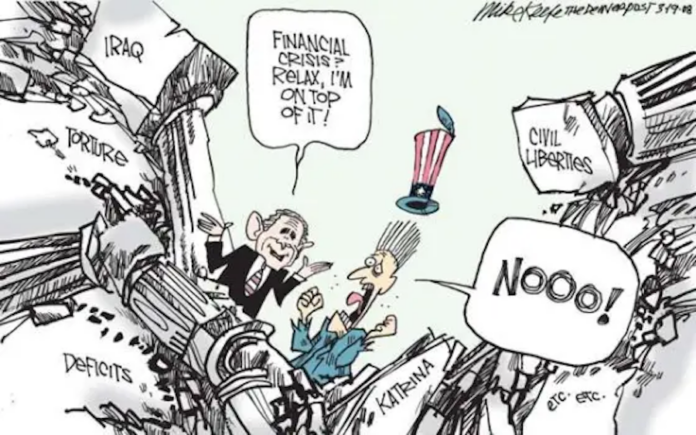
“Banks choose where to provide financial support, in the form of loans, investments or insurance. This support determines whether corporations can build an oil rig, expand their munitions production or develop their wind farms. In other words, it decides what our economy, industries and planet look like now and into the future” (Carlile, 2023).
“Ethical banks avoid funding the most toxic industries and redirect the money to companies or organisations that are doing something positive. A truly ethical bank will also finance more ethical alternatives, such as solar panel companies or more sustainable farms. This is crucial because it creates the infrastructure we need for a greener future” (Carlile, 2023).
This leads to the question on whether or not banks like Huntington are ethical in this manner. Ethical decisions are multilayered and multifaceted, so how can banks come together to match the ethics of their consumers, and how do we navigate disagreements on ethics in both banks and consumers?
“The decisions [banks] make now also have long-lasting repercussions. An oil rig funded in 2022 will last for 20 to 30 years. On the other hand, renewable infrastructure also has a long lifespan and needs a high amount of upfront investment, making banks’ support vital” (Carlile, 2023).
“On a consumer-level, ethical banking is also important, even if you think your savings aren’t worth much. For every £1 a bank holds, it can lend out £9. This means that if you have £12,500 in savings (the median amount of savings for a UK household), your financial provider can lend out £112,500 to either clean or dirty industries” (Carlile, 2023).
Banks in this regard have incredible power when it comes to financing future projects that impact us as communities and as people. When ensuring sustainable growth in the bank, we also have to consider sustainable growth as a community. If these goals agree with each other, then there could be an incredible amount of progress in advancing our society.
“It offers a chance to align your money with your values, ensure you’re not funding the climate crisis, and address other key areas of concern from animal exploitation to the arms trade. Banks pump money into corporations behind some of the worst abuses in the world. Through their loans, insurance and other financial services, they are financing companies involved in arms, the exploitation of indigenous lands, and the support of oppressive regimes” (Carlile, 2023).
References:
Carlile, C. (2023, January 20). What makes banks unethical? Ethical Consumer. https://www.ethicalconsumer.org/money-finance/what-makes-banks-unethical
Carlile, C. (2023, January 26). Banks and human rights abuses. Ethical Consumer. https://www.ethicalconsumer.org/money-finance/banks-human-rights-abuses



